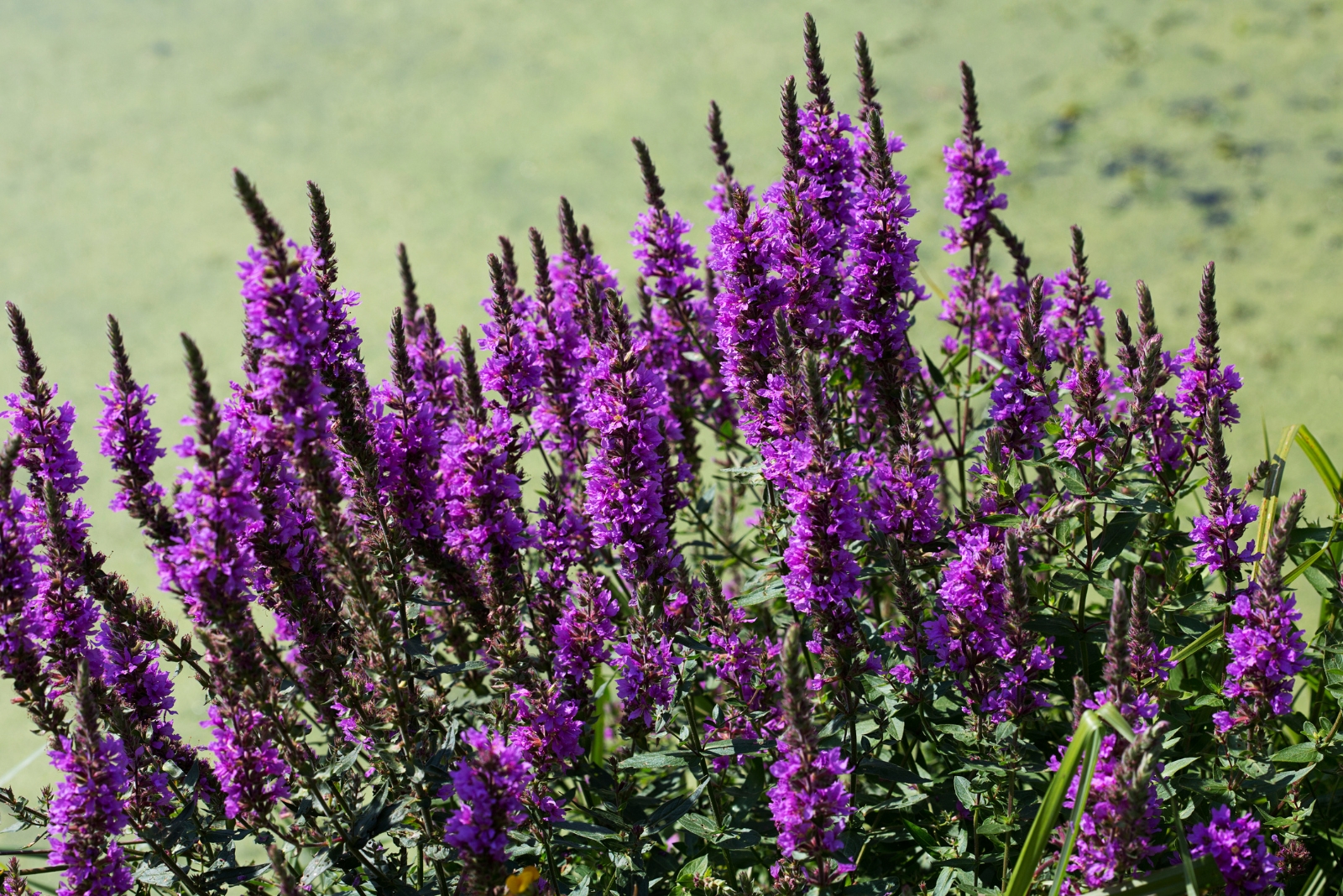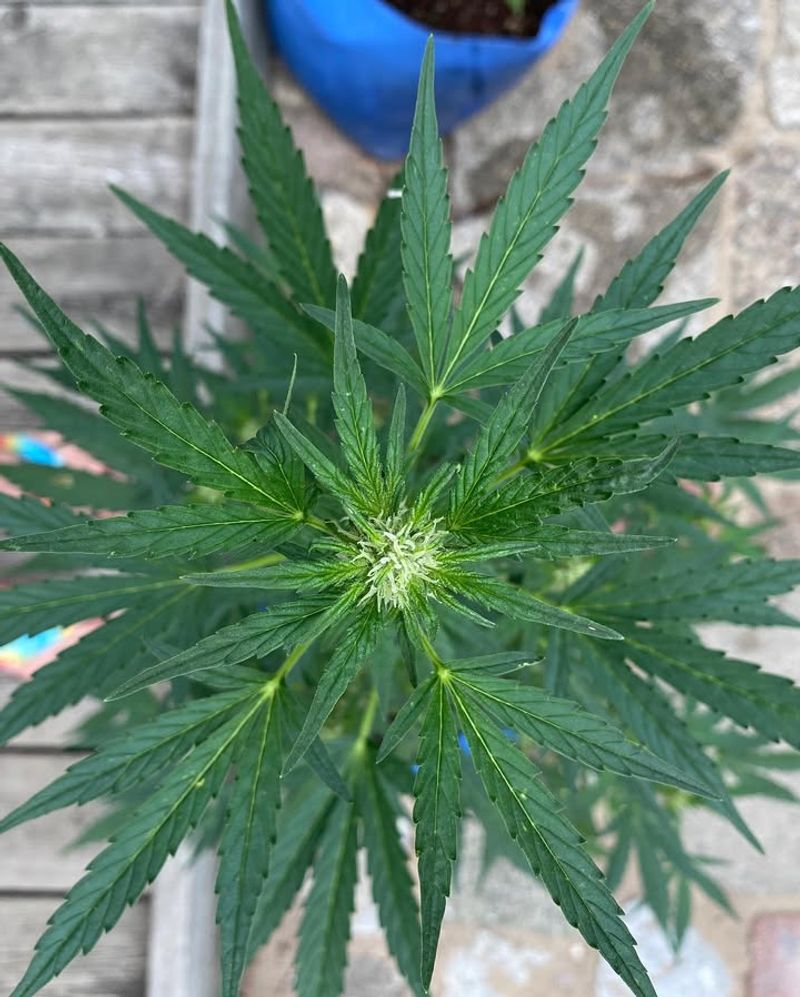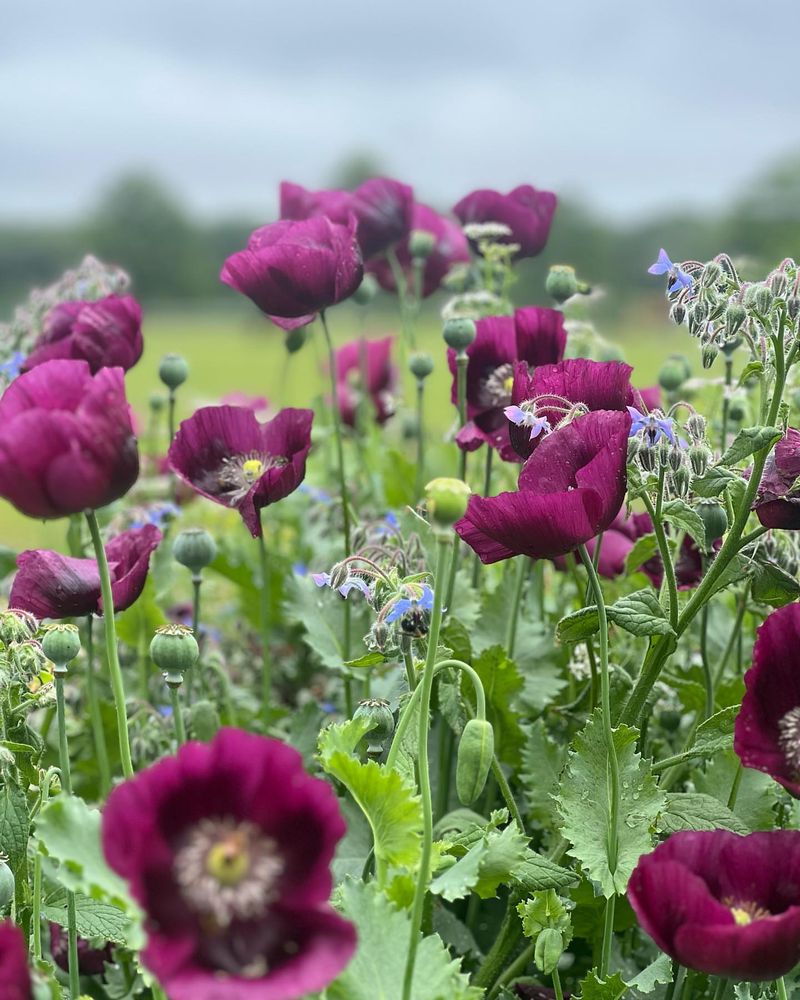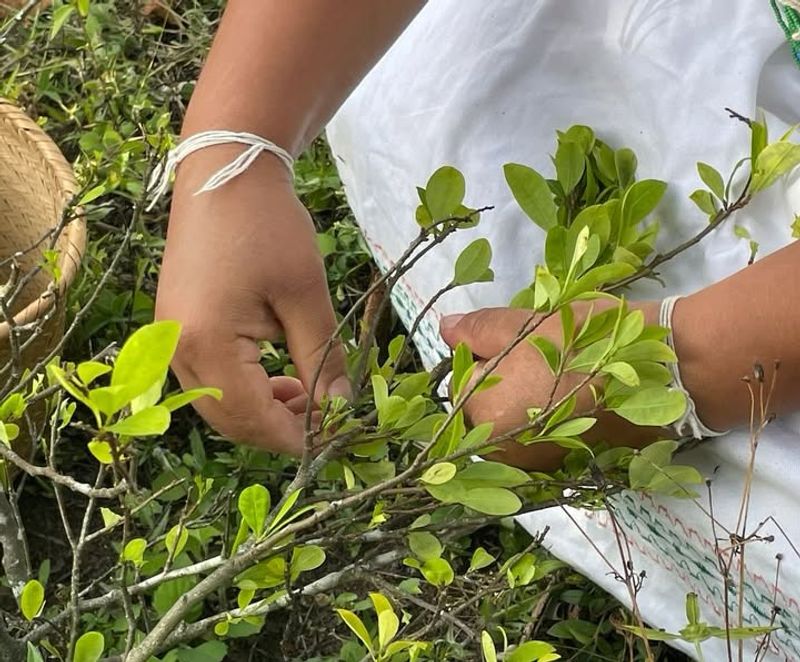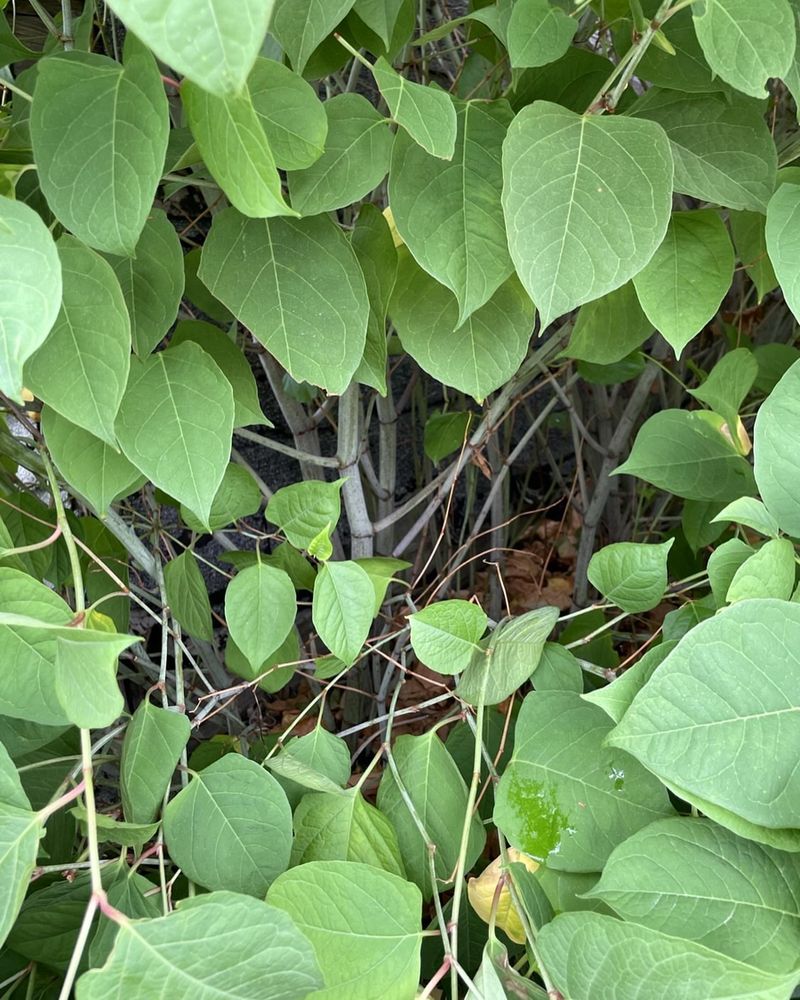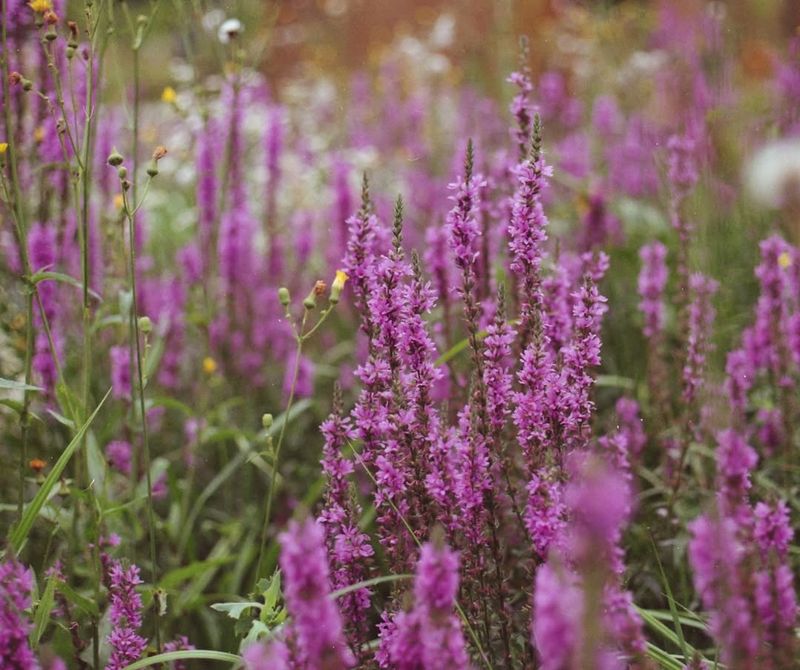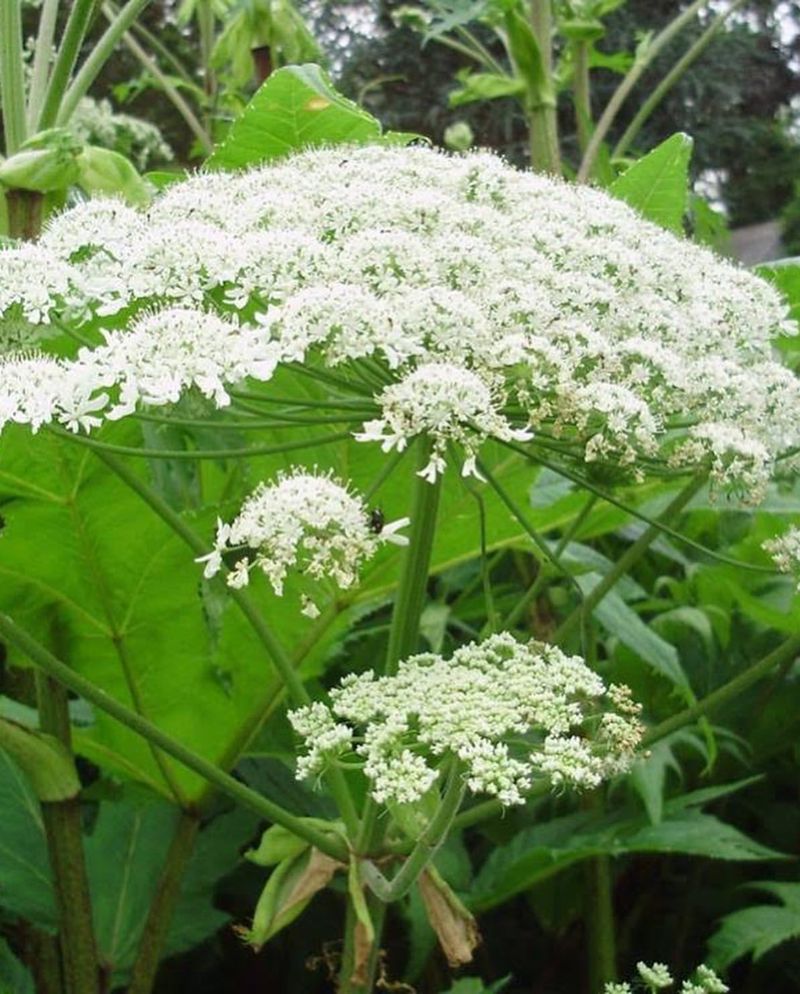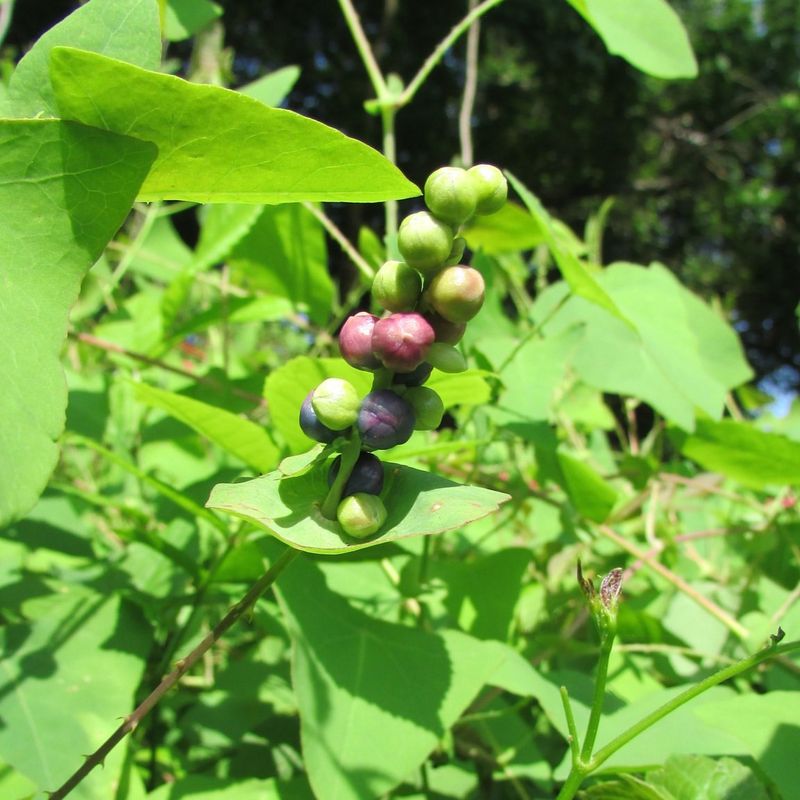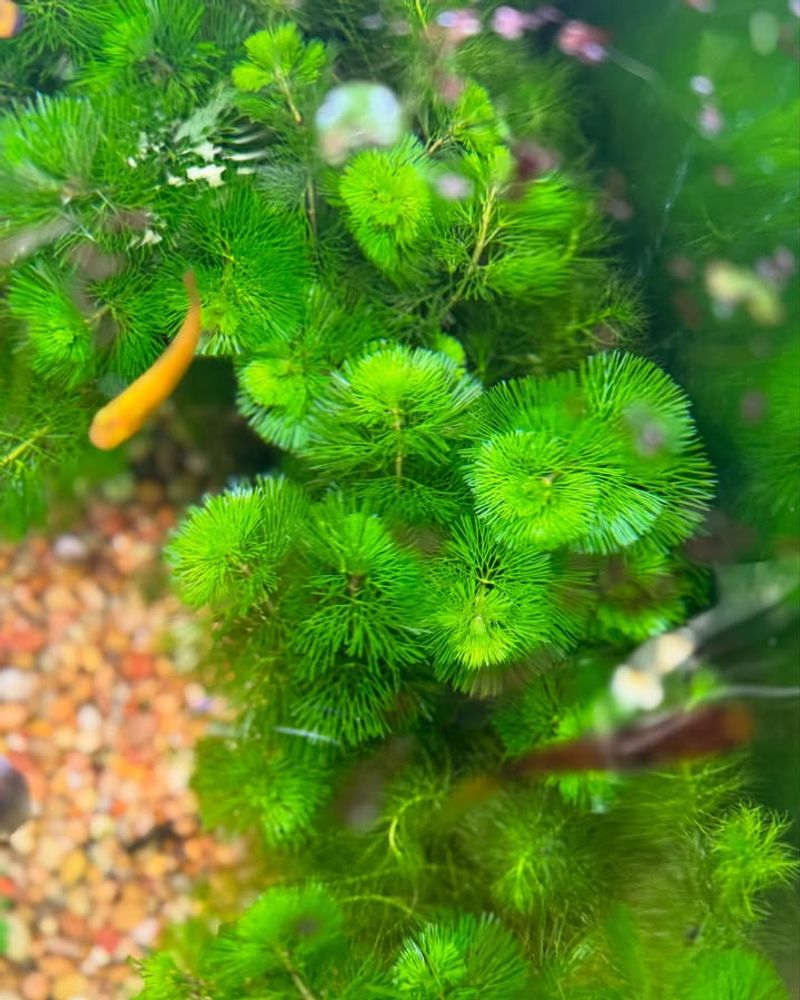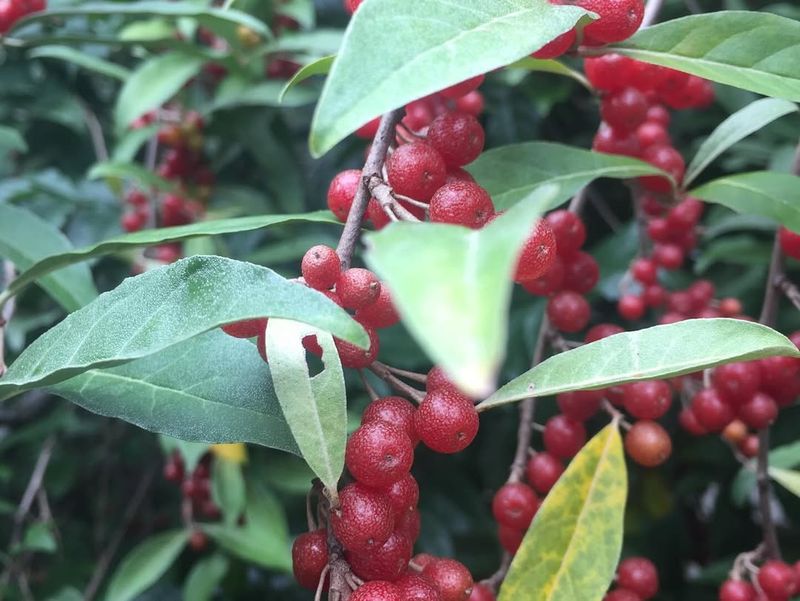Growing your own veggies can be incredibly satisfying, but in New Hampshire, not all backyard crops are welcome.
Some plants are surprisingly off-limits, and breaking the rules—even by accident—can lead to unexpected trouble. From unusual restrictions to quirky local laws, your garden might be breaking more rules than you think.
Stick around, and I’ll share 10 crops that could get your garden in hot water.
1. Cannabis Plants
Even though some states have relaxed their marijuana laws, New Hampshire still restricts home cultivation for recreational purposes. Only licensed medical patients can grow a limited number of plants under strict conditions.
Growing cannabis without proper authorization in New Hampshire can result in serious legal consequences including hefty fines and possible criminal charges. Law enforcement takes these violations seriously, and neighbors might report suspicious plants.
Always check current state regulations before considering any cannabis cultivation, as laws continue to evolve and penalties remain significant for unauthorized growers.
2. Opium Poppies
Beautiful as they might appear, opium poppies are federally illegal to grow because they produce substances used to make narcotics. Papaver somniferum is the specific species that’s prohibited across the United States, including New Hampshire.
Many gardeners don’t realize that even ornamental varieties can be illegal if they’re the wrong species. Law enforcement doesn’t distinguish between decorative intent and drug production when these plants appear in your yard.
Stick to legal poppy varieties like California poppies or Oriental poppies, which provide similar beauty without the legal risks that come with prohibited species.
3. Coca Plants
Coca plants produce the raw material for cocaine, making them completely illegal to grow anywhere in the United States. New Hampshire residents cannot cultivate these plants under any circumstances, regardless of intended use.
Some people mistakenly believe growing coca for traditional tea purposes might be acceptable, but federal and state laws make no such exceptions. Possession or cultivation carries severe penalties including potential prison time.
Even having seeds shipped to your New Hampshire address could trigger legal problems, so avoid any involvement with this plant entirely to stay on the right side of the law.
4. Invasive Knotweed Species
Japanese knotweed might seem like an interesting addition to your garden, but New Hampshire actually prohibits planting this aggressive invasive species. Once established, it spreads rapidly and destroys native ecosystems while damaging building foundations and infrastructure.
Property values can plummet when knotweed takes over, and removal costs thousands of dollars. New Hampshire law requires property owners to control existing populations and prohibits intentional cultivation.
Violating these regulations in New Hampshire can result in fines and mandatory removal orders, making this one backyard crop you definitely want to avoid at all costs.
5. Purple Loosestrife
With its gorgeous purple flower spikes, purple loosestrife looks innocent enough for any garden. Unfortunately, this plant wreaks havoc on New Hampshire wetlands by choking out native vegetation and destroying wildlife habitat.
State regulations prohibit selling, distributing, or planting purple loosestrife anywhere in New Hampshire. A single plant produces millions of seeds that spread quickly through water and wind, creating massive infestations.
Gardeners caught cultivating this invasive species face penalties and removal requirements. Choose native alternatives like blazing star or ironweed for similar beauty without the environmental destruction and legal headaches.
6. Water Chestnut
Water chestnuts form dense mats across ponds and waterways, blocking sunlight and killing everything beneath them. New Hampshire banned this aquatic invader because it destroys recreational opportunities and fish habitat throughout the state.
Growing or transporting water chestnuts in New Hampshire violates state law and carries significant penalties. These plants spread incredibly fast, with each plant producing multiple sharp-spined seeds that remain viable for years.
If you spot water chestnuts in New Hampshire waters, report them immediately to environmental authorities rather than attempting removal yourself, as fragments can spread the infestation even further downstream.
7. Giant Hogweed
Giant hogweed looks dramatic with its massive white flowers and towering height, but this plant is downright dangerous. Its sap contains toxic chemicals that cause severe burns and blisters when exposed to sunlight, landing people in hospitals.
New Hampshire strictly prohibits cultivating giant hogweed due to public health concerns. Children who accidentally touch this plant can suffer painful injuries requiring medical treatment.
State authorities actively work to eradicate giant hogweed populations in New Hampshire, and property owners must remove it immediately upon discovery. Never plant or tolerate this hazardous species anywhere near your home or garden areas.
8. Mile-a-Minute Vine
True to its name, mile-a-minute vine grows incredibly fast and smothers everything in its path. New Hampshire banned this aggressive invader because it destroys forests, gardens, and agricultural areas by blocking sunlight from native plants.
Sharp barbs cover the stems, making removal painful and difficult once established. The vine produces hundreds of seeds that birds spread widely, creating new infestations across the state.
Planting mile-a-minute vine in New Hampshire violates state regulations and threatens local ecosystems. Report any sightings to authorities immediately, as early detection prevents this nightmare plant from taking over entire landscapes.
9. Fanwort
Fanwort creates thick underwater jungles that make swimming, boating, and fishing nearly impossible. New Hampshire prohibits this aquatic plant because it clogs waterways and reduces property values along lakes and ponds throughout the state.
Even tiny fragments can start new colonies, making fanwort extremely difficult to control once introduced. The plant spreads through boat traffic and contaminated equipment, creating problems across multiple water bodies.
Growing or transporting fanwort in New Hampshire breaks state law and contributes to environmental damage. Always clean boats and equipment thoroughly when moving between different New Hampshire waters to prevent accidental spreading.
10. Autumn Olive
Autumn olive produces attractive silvery foliage and abundant red berries that birds love eating and spreading everywhere. Unfortunately, this shrub aggressively invades New Hampshire forests, fields, and roadsides, crowding out native plants that wildlife depends on for survival.
New Hampshire discourages planting autumn olive and encourages removal of existing populations. The shrub fixes nitrogen in soil, altering nutrient cycles and giving it competitive advantages over native species.
While not always strictly illegal to grow in New Hampshire, cultivating autumn olive is strongly discouraged by environmental authorities and can cause serious ecological problems throughout your neighborhood and beyond.

